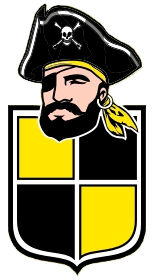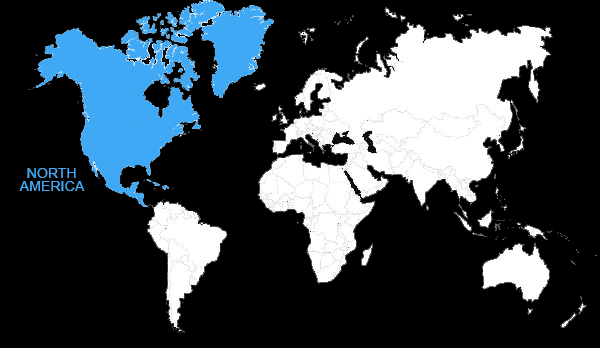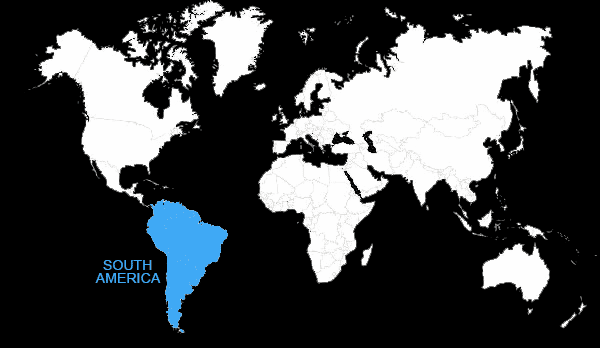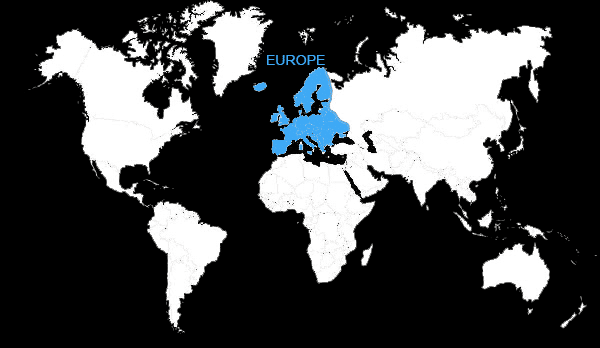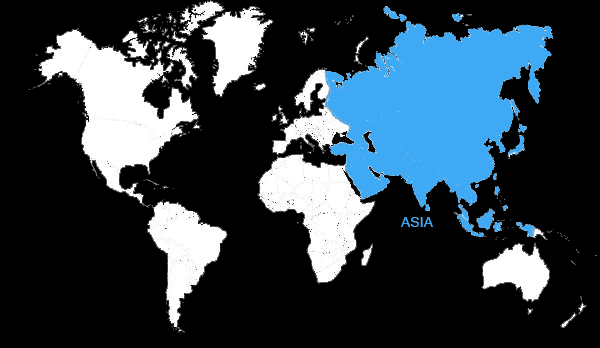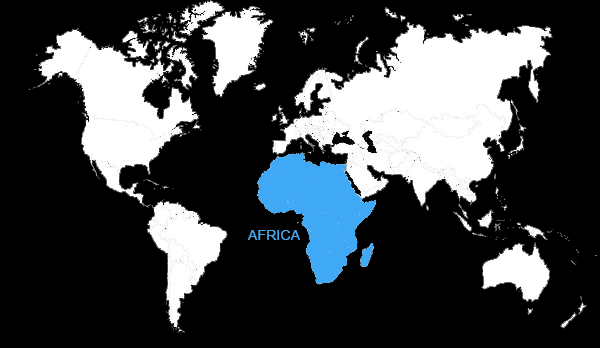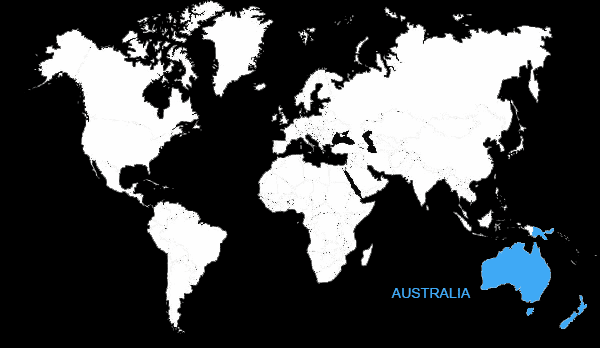Coquimbo Unido Tryouts
Coquimbo Unido is a Chilean fútbol club based in Coquimbo, Chile. The club currently plays in the Chilean Primera División, the country’s highest level of professional club fútbol.
Coquimbo Unido Youth Development System
Coquimbo Unido Recruitment Trials
At the time of this writing, there are no official publishings on Coquimbo Unido trials. Please come back at a later date while we monitor this club or click here to visit their official youth news web page.
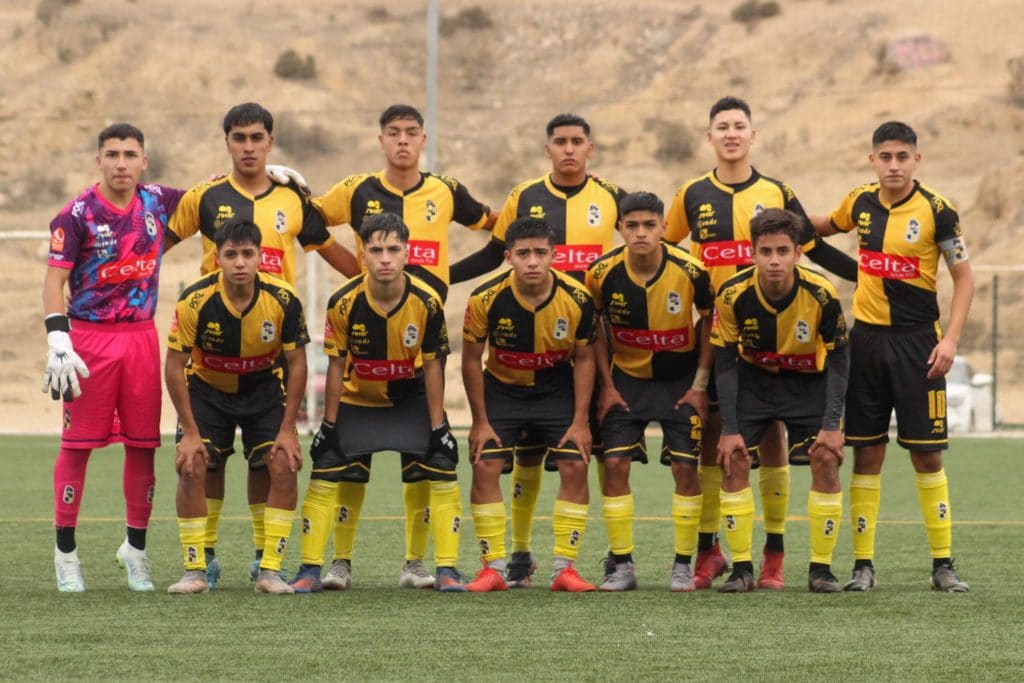
EXPLORE MORE CLUBS!
Explore more professional clubs by continent.
Coquimbo Unido History
On July 11, 1958 at 7:00 p.m. in the session room of the Illustrious Municipality of Coquimbo, the Assembly of Members of the Institution approved all of the minutes and laws that would govern the club’s destinies. These documents would later be used to govern the club’s activities. They were reduced to a public deed on August 30, 1958, in front of Mr. Juan Watkins O’Neill, a former notary who was also the conservator of Coquimbo.
Despite the fact that the formal procedures were completed on May 20, 1959, when the decree was published that granted the pirate entity legal identity, this day is nevertheless considered to be the club’s official founding date. It is important to highlight that the formal processing was completed on this day. As the 59th day of February arrived, the only thing that remained to be done was wait for the end. Prior to this, the municipal authorities had undertaken all practicable action in order to facilitate Coquimbo Unido’s entry into the professional football league.
On the early morning hours of Saturday, February 7, 1959, the report had already gained widespread circulation. The application for membership in the professional football league submitted by Club de Deportes Coquimbo Unido was finally approved by the Central Football Association with 36 votes in favor from the councilors. The entire city came out into the streets to celebrate this event that had been anticipated for such a long time and to release the pent-up joy that had been accumulating over the course of the last three years.
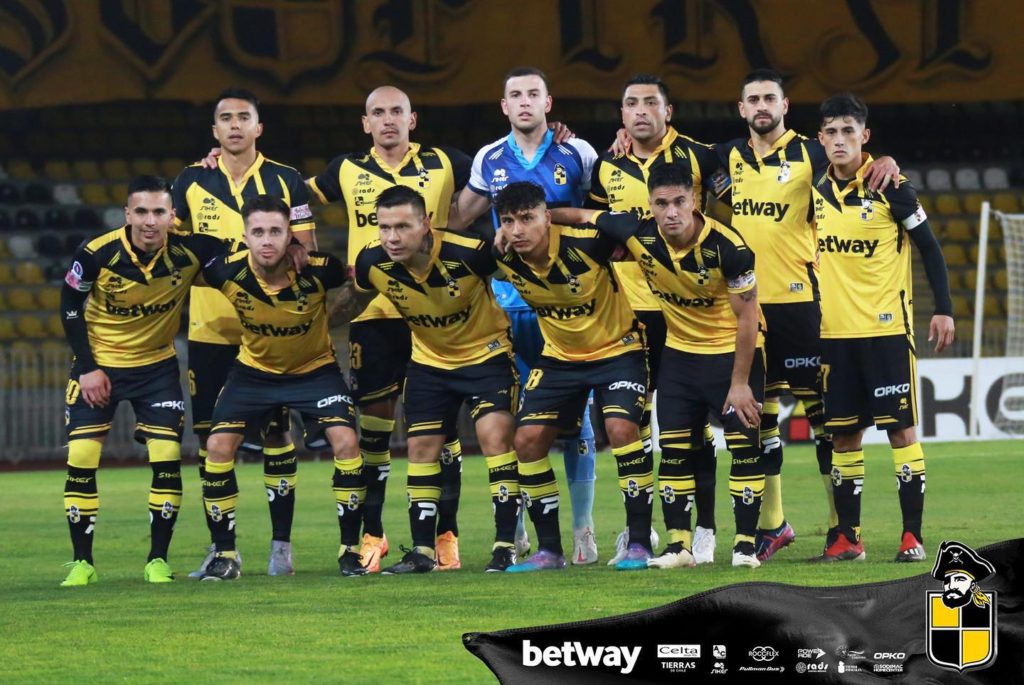
They had spent the years between 1960 and 1989 bouncing between the Second Division (now known as First B) and the First Division, including a demotion to its former association in 1975. In 1990, they finished in second place in the Second Division, which earned them promotion to the First Division for the following season.
The greatest achievement of Coquimbo Unido came in 1991, when the aurinegros finished second with 39 points, five points behind the then champion of the Copa Libertadores de América Colo Colo, who also won the Chilean tournament. This was their only participation as a club in the Fourth Region in the Copa Libertadores.
They were in the same group as the whites, Universidad Católica, the Argentines from San Lorenzo, and Newell’s Old Boys, and at the end of the maximum continental tournament, they came in last place in the group with three points. That crew had an impressively high level of teamwork and organization. In spite of the fact that they had great players during those years, such as Pablo Lenci, Luis Fuentes, Nelson Garrido, Sergio Gioino, Marco Antonio Cornez, and Javier di Gregorio, Coquimbo Unido ended up finishing in the middle of the table after that success. In 2005, the club won the Opening Tournament after advancing beyond the playoffs, defeating Everton, Cobreloa, and Huachipato along the way, and ultimately prevailing against Huachipato in the championship game.
In the definitions vital competition, he challenged Unión Espaola to a match for the trophy. In the first match, Hispanics prevailed with a score of 1-0 at Santa Laura Stadium. In the second match, Unión prevailed with a score of 3-2 in Coquimbo to keep their title as champions of the First Division. The pirate team that participated in one of the most successful campaigns in the club’s history included members like as Luis Corvalán, Héctor Robles, Ali Manouchehri, Marcelo Corrales, and Miguel Angel Romero, amongst others.
After 16 years in the Primera B, Coquimbo Unido was relegated to that division on October 31, 2007, when they were defeated by ublense in front of their home fans at the Francisco Sánchez Rumoroso Stadium by a score of 0-1. This defeat came on the same day that they had a terrible season from beginning to end. to be in the division of honor in Chilean soccer, even though there were only three more dates left in the regular phase of the tournament, and it was relegated when it had a free date to play.
And in particular as a result of Puerto Montt’s draw against Antofagasta in La Pintana, by leaving Puerto Montt he was saving himself from direct relegation, despite the fact that in the same promotion he lost the category, with 31 points and subtracting from Coquimbo who had 24 points and had 6 games left to play, which made him unattainable for Aurinegro. The club advanced all the way to the championship game for the First B runner-up in 2008, which determined the second team that was promoted to the First Division that season. He competed against Deportes Iquique, ultimately losing in the second leg, which culminated in a penalty shootout.
After suffering defeat in the championship match, the only remaining chance for promotion was to compete in the promotion league against Universidad de Concepción, which prevailed in both matches by scores of 2-0 and 3-1. Due to the fact that they were defeated by the University of Concepción in the semi-finals of the Transition Tournament in 2013, they were unable to take advantage of the opportunity to move up to the division of honor that was available to them. His victory in the Clausura 2013/2014 championship gave him the opportunity to compete in the league for Ascent, where he regrettably lost to San Luis in penalty kicks.
In 2014, he won the title. The match between Coquimbo and its eternal rival for the 2013-14 campaign of the Chilean Primera B took place on January 19, and resulted in the best win in the history of the Classics of the IV Region. Coquimbo won the match by a score of four goals to zero. At the reopening of the La Portada Stadium on July 12, 2015, which had been closed for the Copa América Chile 2015, they played a match that counted for the Copa Chile 2015 and won by a score of 2 goals to 1 against their long-standing rivals, the Papayero squad. After getting off to a poor start in the 2016 Championship, going 17 dates without a victory (He got his first win of that tournament on Day 18 after beating his similar Santiago Morning by 3 goals to 1).
The team from the Fourth Region had to fight off relegation on the very last day in order to avoid being demoted to the Second Professional Division. They were successful in doing so by defeating Barnechea with a score of four goals to two, and as a result, Coquimbo Unido maintained their position in the Category. The pirate team, led by DT Patricio Graff, finished in top place in the Primera B competition in 2018, and as a result, they were promoted to the highest level of national football competition for the first time in 11 years after playing in the Primera B. Coquimbo Unido finished a great campaign in the tournament, leading without counterweights from date 16 of the tournament until the last day, thanks in large part to the contributions of the tournament’s leading scorer, Rodrigo Holgado, the goalkeeper Matas Cano, Mario Pardo, Mauricio Yedro, Washington Torres, Yashir Pinto, and Ali Manouchehri, amongst others
. El BARBON defeated Deportes Puerto Montt by a score of 1-0 in his final match, despite constant threats from both Cobresal and Cobreloa. As a result of his 17 wins, 6 draws, and 7 losses, he earned 57 points and won his fourth First B tournament, adding those of 1962, 1977, Clausura 2014, and 2018 to his collection.
Coquimbo Unido Stadium
In Coquimbo, Chile, there is a multi-use stadium called Estadio Bicentenario Francisco Sánchez Rumoroso. At the moment, the most common activity that takes place there is football. It is the field that Coquimbo Unido plays on when they are at home. The previous stadium, which had a capacity of 17,750 people, was officially opened for business on July 1st, 1970.
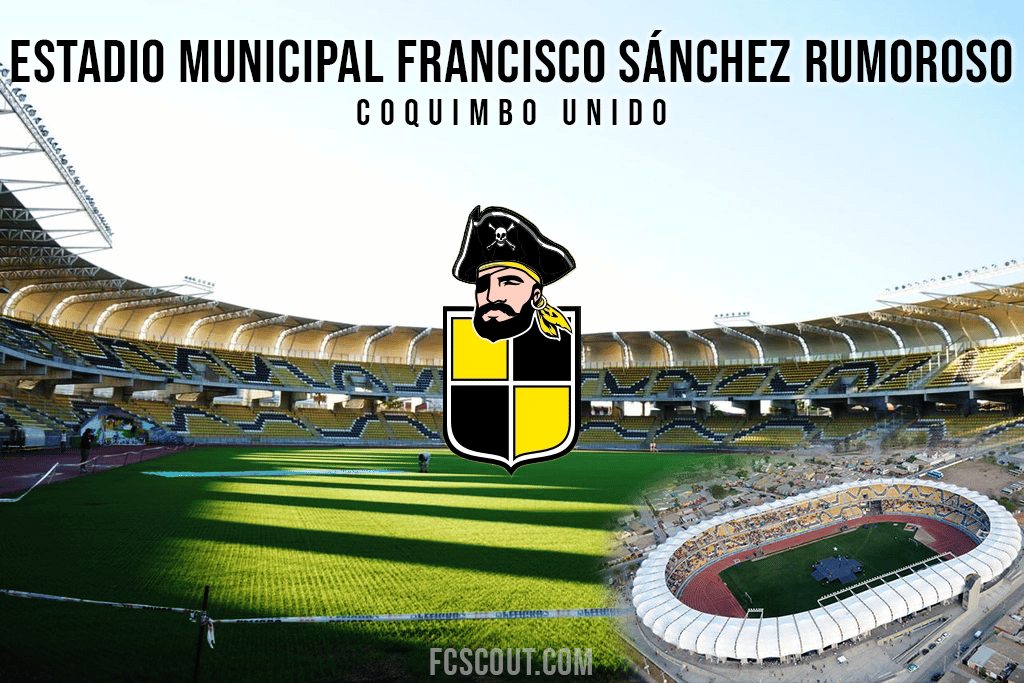
In 2007, the stadium was selected to serve as the location of the FIFA U-20 Women’s World Cup, which was held in 2008. In order to fulfill the specifications set forth by FIFA, an entirely new stadium was built. There is now enough for between 15,000 and 18,750 people inside.
The new stadium in Coquimbo has been designed to resemble the shape of a ship in recognition of the city’s rich maritime history. The city’s reputation stems in large part from its long history as a haven for pirates. The stadium didn’t officially start operating until the 9th of November in 2008, though.

